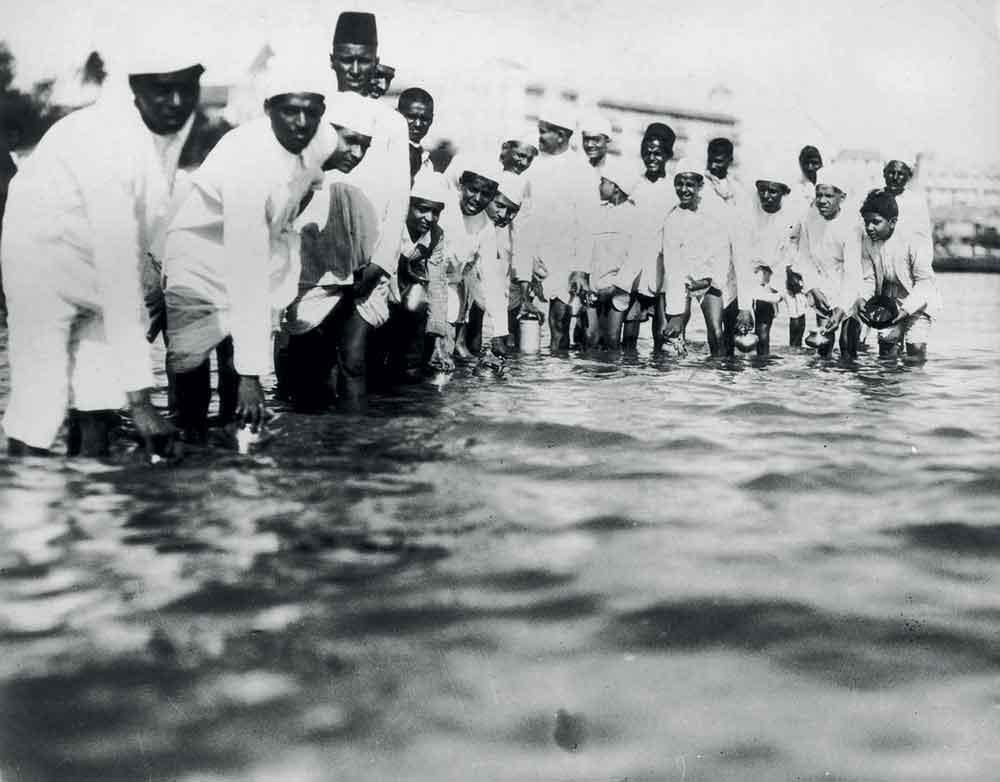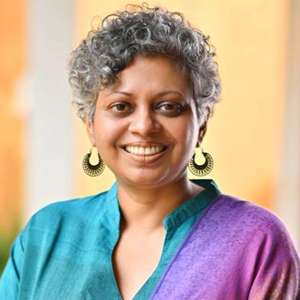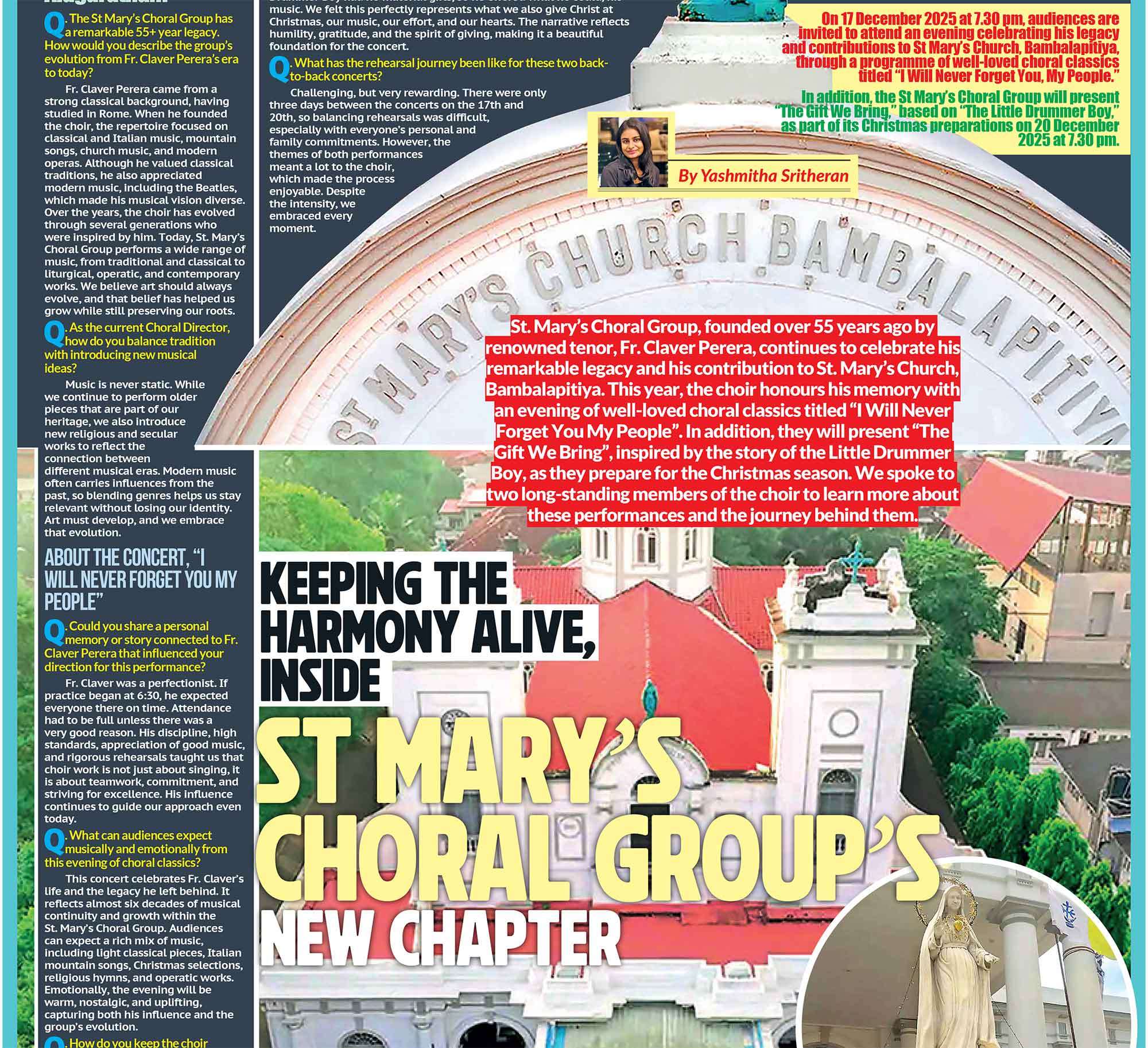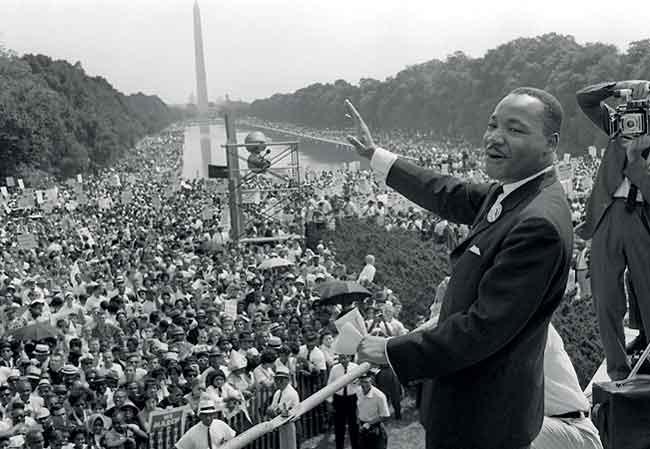
History remembers its great reformers not only for what they opposed, but for what they proposed: a vision of humanity anchored in conscience. Gandhi, King, and Mandela each challenged the injustices of their time, but their greater triumph lay in what they awakened: a belief that moral courage is the true foundation of progress. Each, in his own way, showed us that conscience is the highest form of education - the place where intellect meets integrity, and learning becomes life. Today, as we navigate an era of immense technological power and moral confusion, their echoes return to us as both reminder and warning. The question before us is no longer whether conscience can change the world; rather, it is whether we still allow it to guide us.
The twentieth century was the age of movements. From Gandhi’s salt march to King’s march on Washington, and from Robben Island to Pretoria, these figures transformed oppression into moral instruction. They proved that the human spirit, guided by conscience, can outlast any system built on fear. The question that faces us now, in this restless century of progress and distraction, is whether we still teach that lesson and, in other words, whether conscience still finds a place in our learning.
Today’s society prizes speed, achievement, and visibility. Students grow up surrounded by information but starved of reflection. They can research a topic in seconds but struggle to hold a quiet thought. Education has become a race. And, in racing forward, we risk forgetting where we are going. Gandhi once wrote that “the end of all education should be service”. King described the true goal of education as “intelligence plus character”. Mandela believed it was the “most powerful weapon” to change the world. These were not platitudes. They were blueprints for a form of learning that built nations because it first built conscience.
Modern schooling, for all its progress, has often lost this moral compass. Life education, which should be the nurturing of empathy, humility, and moral reasoning, has slipped quietly out of timetables. In its place stand measurable outcomes, assessments, and the language of performance. Yet the lives of Gandhi, King, and Mandela remind us that it is not performance, but principle that sustains societies. Knowledge equips us to earn a living; conscience teaches us how to live.
In that sense, the classroom is one of the last sacred spaces of conscience. It is there that fairness can be practised, not merely preached. It is where students learn that disagreement need not mean disrespect, and that truth is worth defending even when it is uncomfortable. Every teacher who listens with patience, who corrects without humiliation, who models integrity in small decisions, keeps alive the same moral tradition that shaped history’s greatest reformers.
Mandela’s own life gives us a striking example. In the prison quarries of Robben Island, he and his fellow inmates created what they called “the University of Robben Island.” Lessons were whispered through cell doors; ideas were exchanged despite exhaustion and despair. In those acts of learning, they defied the purpose of their captors. They proved that even in chains, the mind could be free and, moreover, that education, at its core, is the triumph of spirit over circumstance.
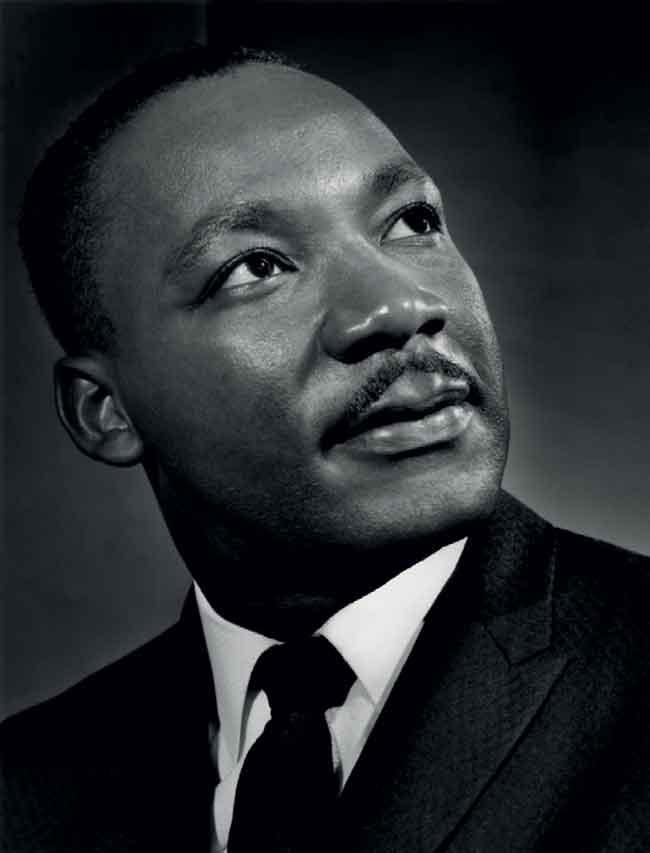
Such stories remind us that moral education does not need new syllabi or expensive reforms. It needs teachers who believe that what they do matters beyond the exam hall, and students who understand that learning is not for applause but for awareness. The moral education we speak of here is not a separate subject but a living current that runs through every subject: the honesty of mathematics, the empathy of literature, the humility of science, the perspective of history. When conscience threads through learning, knowledge becomes wisdom.
If the first half of the last century was about liberation from external oppression, this one is about liberation from inner indifference. Our greatest threat today is not ignorance, but apathy – that quiet moral fatigue that makes us accept injustice as inevitable. To counter that, education must once again dare to be ethical. It must ask students not only, what will you become? but what kind of person will you be when you get there?
The lives of Gandhi, King, and Mandela answer that question with clarity. They were thinkers and activists, but more than that, they were moral educators. Gandhi awakened conscience through truth, King through justice, Mandela through forgiveness. Their power lay not in their authority, but in their authenticity. They lived the values they taught, and in doing so, became the most persuasive teachers of all.
For educators today, their legacy offers both challenge and comfort. The challenge lies in recognising that every classroom decision, every word of fairness, every act of patience, is a moral act. The comfort is in knowing that even the quietest influence can echo for generations.
For the young, these legacies are reminders that leadership begins not with followers, but with principles. You do not have to change the world to live with conscience, but conscience will always change the world within you.
As this series draws to a close, we return to the thread that connects these three men: faith in the human capacity to learn what is right. Gandhi taught the world to resist through truth. King turned that truth into a vision of justice. Mandela carried both into forgiveness. Their lessons continue to whisper through time, reminding us that the true measure of education is not how much we know, but how deeply we care.
If conscience is the echo of the divine within the human heart, then education is its instrument. And every time we choose to teach, to learn, or to lead with compassion, that echo resounds once more - not from the podiums of power, but from the quiet, enduring classrooms of the soul.
